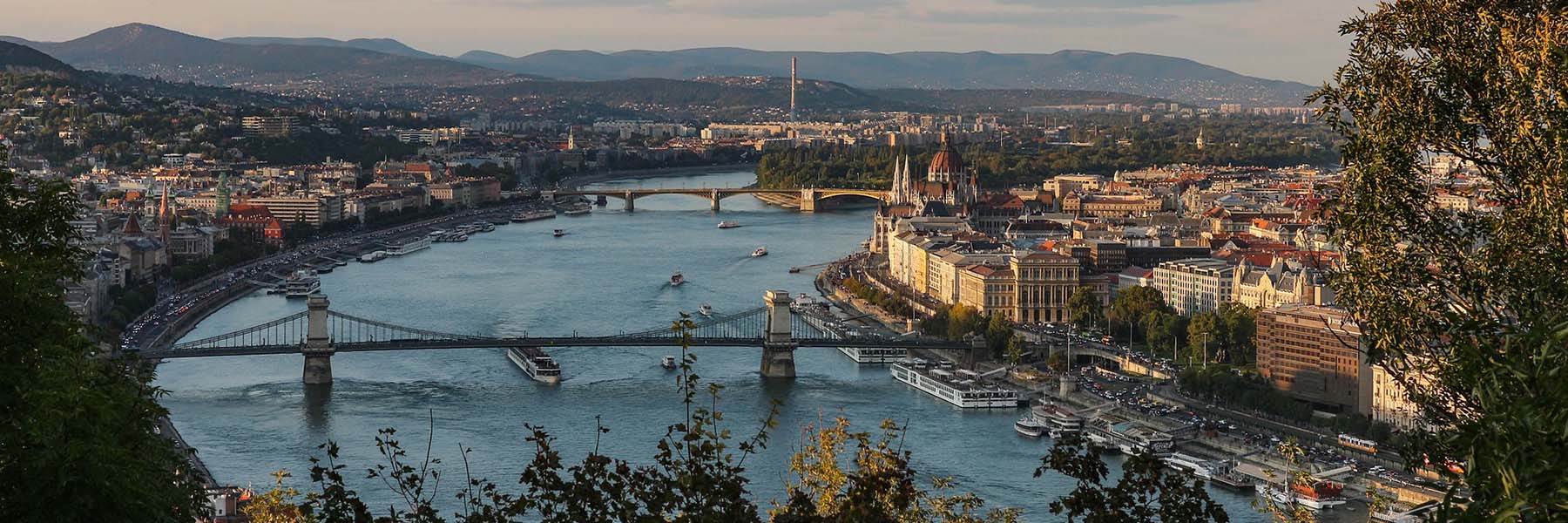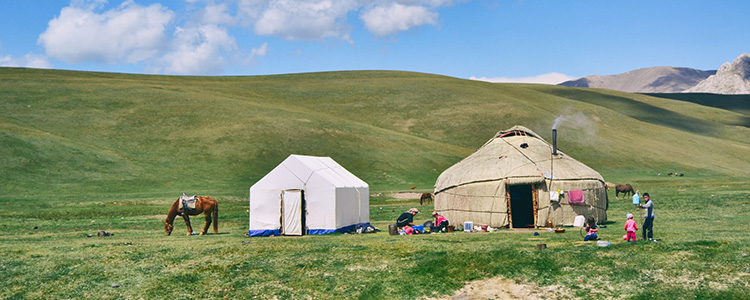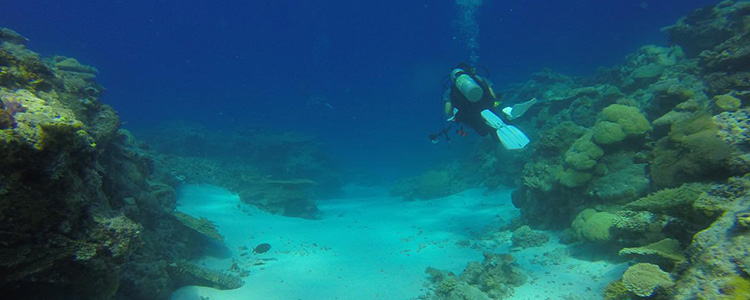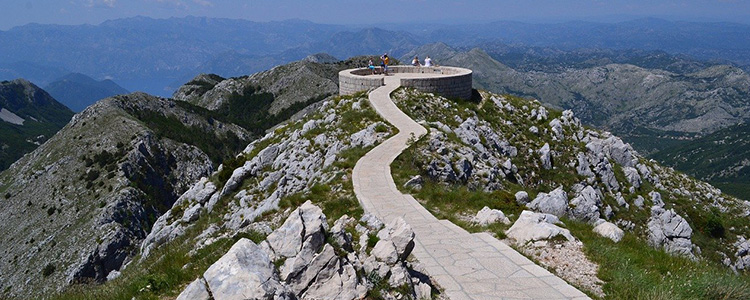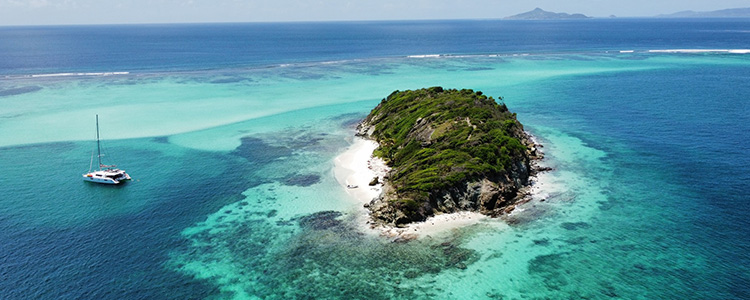Hungary Country Bundle: suggestions, stories and tips
Content about Hungary on WorldSupporter
 How does health care work in Hungary, and what travel insurance, health insurance or expat insurance do you need?
How does health care work in Hungary, and what travel insurance, health insurance or expat insurance do you need?
How does the health care system work in Hungary?
- In addition to thermal baths for your health, Hungary also has an accessible and affordable healthcare system.
- The quality of care is good, both at public and private institutions.
- Costs are also a lot lower than in the West, for example. This also makes Hungary a popular destination for medical tourism, including dental care, plastic surgery, eye surgery and fertility treatments.
- If you are part of the public healthcare system (see below), you get a national health card (TAJ kártya).
- There are some differences between public and private care, but more on that below.
- In case of a medical emergency, call 112; English-language help is available 24/7 through this number. You do have to pay for the help you get. So make sure you are properly insured.
How does the public healthcare system work in Hungary?
- Hungary has a public health care system, the Nemzeti Egészségbiztosítási Alapkezelő (NEAK). This system covers medical costs for residents and foreigners who pay social contributions (through work or self-employment). Still, many emigrants choose international insurance because it covers other costs and treatments, both in and outside Hungary.
- Care is of reasonable quality, but public hospitals can be dated, and wait times are sometimes long. Specialists often work in both the public and private sectors, so expertise is similar.
- Costs are low. Visiting a general practitioner or specialist in the public system is often free, provided you are registered with the NEAK.
- In recent years, many young doctors have left for foreign countries, so the average age of doctors and health care workers is high.
How does the private healthcare system work in Hungary?
- Private clinics offer faster access, more modern facilities and English-speaking staff. Especially in cities like Budapest, private healthcare options are popular among expats.
- A consultation at a private clinic costs about €50-80. With good international insurance, these costs are covered.
How is the GP arranged in Hungary?
- If you are registered with the NEAK and have a TAJ kártya, you will be assigned a family doctor (háziorvos). Your family doctor is your first point of contact and refers you to specialists if necessary.
- Therefore, without a family doctor's referral, you cannot see a specialist either.
- English-speaking family doctors are especially available in Budapest, but in smaller cities this is less obvious.
How is the dentist arranged in Hungary?
- Basic dental care is free through the public system, but quality varies greatly. For more complex treatments, most people choose private practices.
- Hungary is known for medical tourism, including dentistry.
- Private practices offer modern techniques and are often cheaper than in Western Europe.
How is prenatal and pregnancy care arranged Hungary?
- Almost all births take place in the hospital. Home births with the help of a midwife are also possible, but there are midwives who offer this.
- Prenatal care, deliveries and postnatal care are covered by the NEAK. The care is good, but you often have to bring your own medical supplies to the hospital, such as diapers and sheets.
- For more comfort, many expats choose a private clinic or hospital. Here you get more personal attention and more modern facilities.
- The right to abortion changes regularly in Hungary. Since 2020, abortions can only be performed up to 8 weeks of pregnancy and by a special doctor in the hospital. Doctors may also refuse to perform an abortion.
How safe or unsafe is a trip or stay in Hungary?
What should you pay attention to in terms of safety in Hungary?
- Hungary is a relatively safe country. Petty crime, such as pickpocketing, occurs in tourist areas, but serious crime is rare.
- Watch your belongings in crowded areas and be alert at ATMs. Avoid politically sensitive discussions in public places.
- There are no specific no-go zones, but be careful in poorly lit areas in remote villages.
- As a new resident, it is also important to be aware of scams such as cab drivers who overcharge and different prices in restaurants and bars.
What should you look out for in terms of diseases in Hungary?
- Tap water is safe to drink!
- Be well informed about the latest on health measures and vaccinations.
What should you pay attention to when it comes to traffic in Hungary?
- The road network in Hungary is well maintained, especially the highways (autópályák). In rural areas, roads may not be as good, with potholes and narrow paths.
- Traffic can be chaotic, especially in cities like Budapest, but generally driving is safe.
- Toll vignettes are required on highways, so be sure to buy them in advance!
Which work and travel insurance policies are suitable for short and long stays in Hungary?
- Is the trip to Hungary and your return sufficiently covered? Are you sufficiently covered before, during and after your activities? Which insurance best suits your trip and your activity? Read more about insurances for abroad on JoHoinsurances.org.
What emigration and expat insurance can you take out for Hungary if you are going to live there for a while?
- To move to Hungary, you need health insurance that provides at least €30,000 coverage. The insurance must be valid in the EU. Read more about insurances for abroad on Expatinsurances.org.
 Hungary: Updates & Travel
Hungary: Updates & Travel
Travel in Hungary?
- Hungary is a country that is different from it's neighbours. The inhabitants are not Slavic but Magyar (a tribe from Central Asia), the country does not have high mountains like Austria but vast plains and Budapest is perhaps the most beautiful capital of Europe. The largest freshwater lake, Lake Balaton, is also definitely worth a visit.
- Climb the citadel hill on the Buda side of the Danube in the evening. From here you have a beautiful view of the city and all the lights in the evening.
- Visit one of the typical Hungarian thermal baths. The most famous is Sezchenyi in Budapest, where tourists and locals take a bath in medicinal water that smells like rotten eggs. Fortunately, there are also warm baths with chlorine outside, which is really recommended in the winter!
- Go horseback riding on the Puszta, the Hungarian steppe. Avoid (unless you are a huge bird lover) the Hortobágy National Park, it clearly did not make it onto the UNESCO World Heritage List for its natural beauty.
- Visit an Opera in Budapest, the tickets are cheap, you can easily get a great spot for a small amount and even if you are not a fan of opera it is definitely worth it to see this beautiful building from the inside.
- Visit Budapest, is not to be missed, not only because all roads in Hungary lead to Budapest. Beautiful architecture, nice restaurants, the castle hill in Buda, Margit Sziget (the city island) and the thermal baths.
- Eger: A place with nice colored houses, a beautiful castle from which you can also look far, a yellow basilica and the northernmost minaret in Europe that was built by the Moors.
- Lake Balaton: The place where Hungarians (and Germans and Russians) spend their weekend in the summer. Lying in the sun, swimming or renting a boat and especially studying the locals.
- Be aware that Hungarian is a Finno-Ugric language and can hardly be traced back to anything that would sound familiar to any of us.
Updates Hungary
- More about Hungary, updates and contributions, see the link below.
 Teaching English in Hungary: what is it, why should you do it and where should you go?
Teaching English in Hungary: what is it, why should you do it and where should you go?
Teaching English in Hungary on schools or through private lessons
What is working and teaching English in Hungary?
- Demand for teachers is very high here, but it's becoming a popular destination for newly-qualified teachers
- It will be difficult to find a job without a TEFL qualification, especially in highly-competitive Budapest. An i-to-i course would also improve your skills and confidence in the classroom.
- Common teaching conditions vary hugely depending on the sector you work in and which school you work for. Although the pay is low in state schools, you’re more likely to have field trips and other bonuses. In the private sector, there are plenty of good employers, but many unscrupulous ones, too.
- You may need to work for several private schools and do individual tuition to get enough hours
Where can you work as an English teacher in Hungary?
- Main TEFL regions: Budapest, Debrecen, Miskolc, Szeged, Szolnok and other smaller towns around the country
- Type of teaching: Summer camps, in-company training, private language schools and primary or secondary schools
What is your salary when teaching English in Hungary?
- The average hourly wage is 2000 Ft in private schools, which translates to about 200,000 Ft (US$1,500) per month if you get enough hours.
- In state schools, the salary is around 100,000 Ft (US$700) per month – it doesn’t sound like much, but the free accommodation makes a big difference.
- Private tuition can make you up to Ft 3000 per hour, and students are easy to find. Pay is commensurate with a teacher's qualifications and experience.
- Although the cost of living is cheap, the low salaries make it difficult to save: come here for the culture and teaching experience, not to plan for your retirement!
In Dutch:
- Read more: Vrijwilligerswerk in het buitenland verzekeren (NL)
- Read more: Stage in het buitenland verzekeren (NL)
- Read more: Werken in het buitenland verzekeren (NL)



 Hungary
Hungary